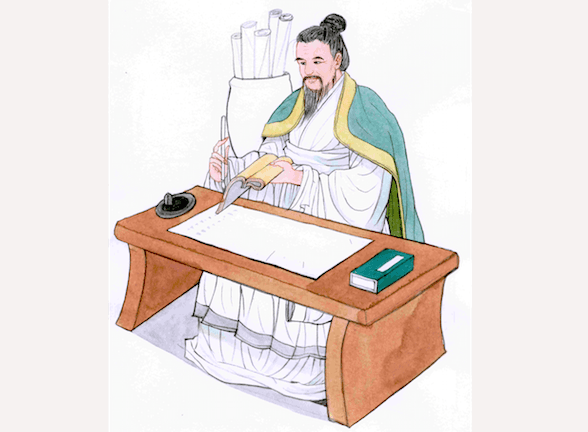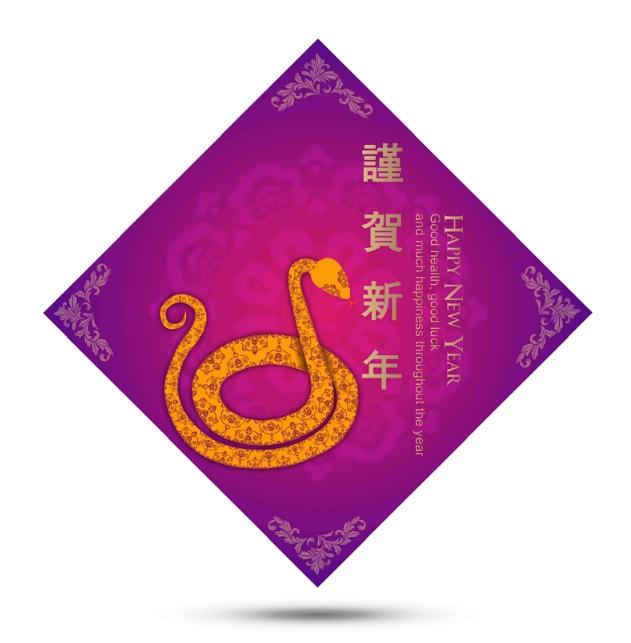During the reign of Emperor Wu of the Han Dynasty, there was a general named Li Ling who was famous for his bravery and skill in battle.
General Li Ling was appointed to lead an army against the Xiongnu, China’s enemies to the north. In battle after battle, he defeated the Xiongnu and gained victory for the Han.
Back at the capital, Emperor Wu applauded Li Ling for his service and the lords and officials of the court agreed, praising the emperor for his great eye in selecting such a brilliant general.
However, in 99 B.C., word reached the capital that General Li had been defeated and had surrendered to the Xiongnu. Emperor Wu was greatly enraged and cursed General Li as a traitor. The court again agreed with the emperor, denouncing him as a disloyal and careless general.
Sima Qian (司馬遷), the imperial historian, was the only one who did not say anything. Noticing this, Emperor Wu asked Sima Qian for his opinion of General Li.
“Emperor,” said Sima Qian, “General Li was up against enormous odds. While he only had about 5,000 troops, the Xiongnu had about 80,000 horsemen. However, despite these odds, he fought with great valor for over 10 days before surrendering. In the process, he managed to wound about 10,000 of the Xiongnu soldiers. This is great bravery, not carelessness.”
In fact, General Li only surrendered when he saw that the Xiongnu had left his soldiers no escape route and his troops were running out of provisions. He had surrendered to wait for a better opportunity to strike again.
Sima Qian added that General Li Ling was a much more talented general than General Li Guangli, one of the Emperor’s relatives. Hearing this, and realizing that Sima Qian was disagreeing with him, Emperor Wu grew very angry and threw Sima Qian into prison to await execution.
A year later, the court heard rumors that General Li was assisting the Xiongnu and even training their troops. Upon hearing this, without even investigating the rumors, Emperor Wu executed General Li’s mother and wife.
Sima Qian was also implicated for allegedly speaking ill of the emperor in response to this incident and was sentenced to castration.
Most men at the time would commit suicide before suffering the humiliation of castration, but Sima Qian had promised his father that he would finish writing a history book spanning all of Chinese history.
This promise and the thought that, being only one man out of many, committing suicide would be like nine oxen losing one hair, and not much of an incident at all, made Sima Qian decide to endure the humiliation of castration and continue to finish writing Shi Ji (史記), or “Records of the Grand Historian.”
九牛一毛 (jiǔ niú yī máo), or nine oxen losing one hair, is used to describe a situation that is not a big deal at all. It is similar to the English idiom “a drop in the bucket.”
This story also teaches people to value the greater picture instead of the smaller issues in life, as is said in the idiom 豹死留皮, 人死留名 (bào sǐ liú pí, rén sǐ liú míng), which means when a leopard dies, he leaves his skin, but when a man dies, he leaves his reputation.




